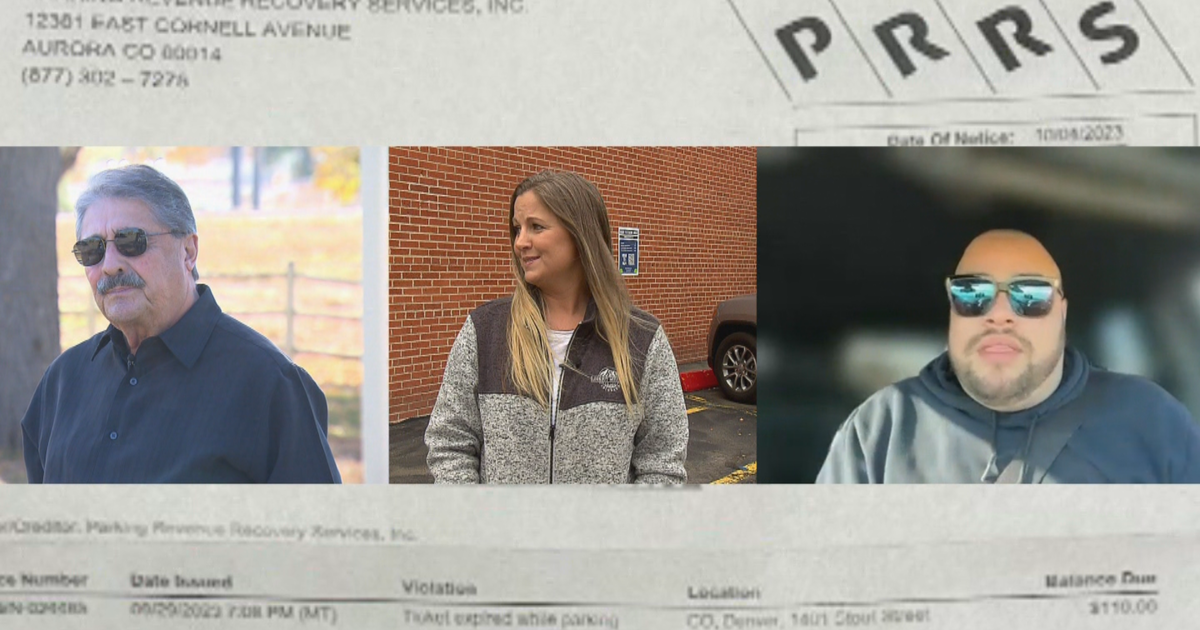Privacy Breach: Parking Firms Accused of Unauthorized DMV Data Mining in Colorado

A federal lawsuit is shedding light on the controversial methods used by parking enforcement companies to track and ticket vehicle owners across Colorado. The legal action targets three key players in the parking monitoring industry: LAZ Parking, PRRS, and Asura Technologies, who have been providing round-the-clock surveillance in parking lots throughout the state.
The lawsuit reveals intricate details about how these companies track and pursue parking violations, raising questions about privacy and enforcement practices. With their 24-hour monitoring systems, these companies have developed sophisticated methods of identifying and documenting parking infractions, ultimately leading to tickets finding their way to vehicle owners' homes.
At the heart of the legal challenge are concerns about the aggressive tactics and technological methods used to track and penalize parking violations. The case promises to bring unprecedented scrutiny to the parking enforcement industry, potentially exposing the inner workings of how parking tickets are generated and delivered to unsuspecting drivers.
As the lawsuit unfolds, it threatens to expose the complex network of parking monitoring companies and their controversial practices, potentially setting a precedent for how parking enforcement is conducted in the future.

